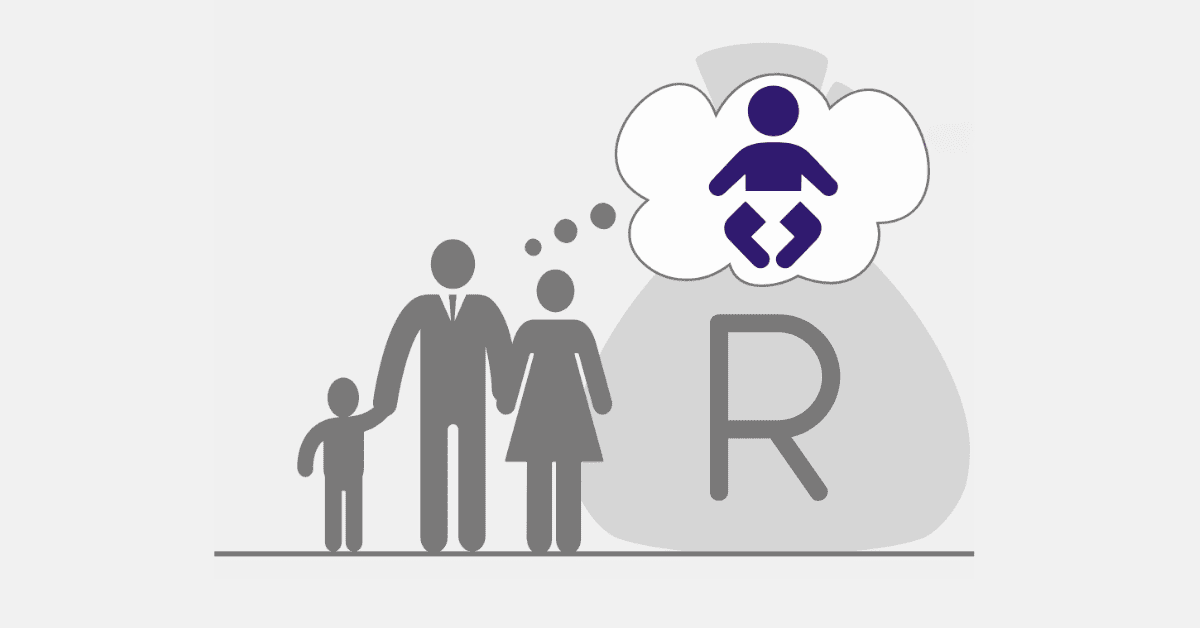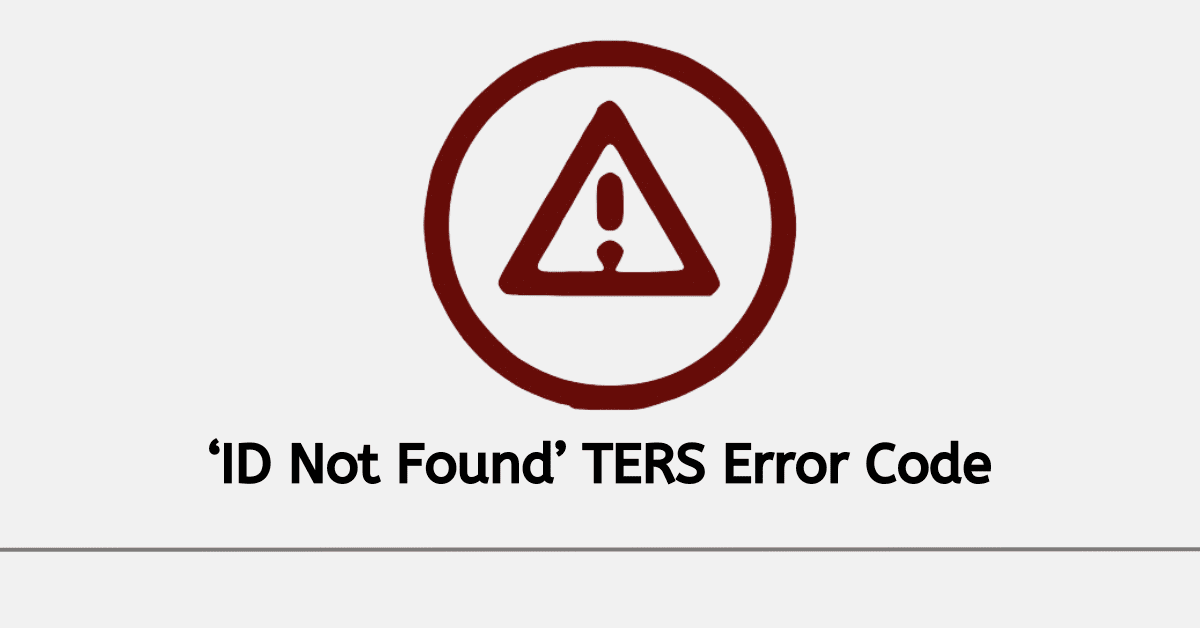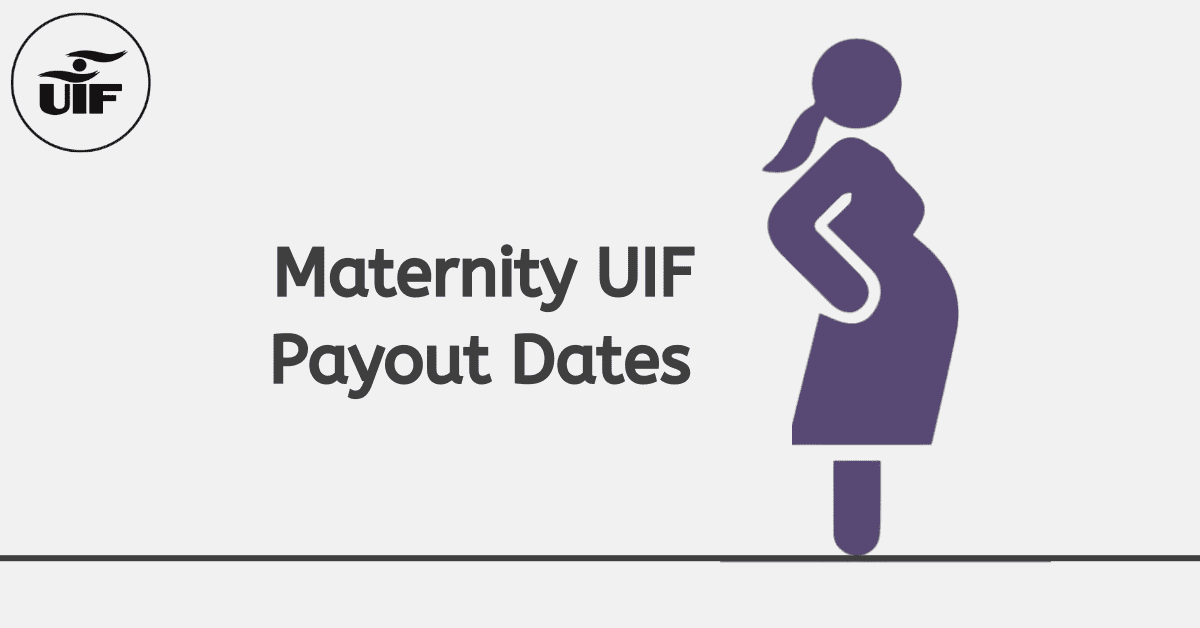One of the diciest calculations in the lives of South Africans when it comes to money is taxation and unemployment insurance fund. There are so many questions that are surrounded salaries, UIF calculation, and other related information regarding income.
The unemployment insurance fund comes with its own calculation for every individual. The basics of the UIF calculation are about the amount to be deducted and its benefits.
Well, in this article, we will look at what is included in UIF calculation, not its benefits. The law requires that every employed person contribute at least 2% of their salary to UIF.
As we continue to enlighten you, we will be looking at what is included in the UIF calculation, the difference between gross and net salary pertaining to the UIF deduction, and the components in the UIF.
What is included in UIF calculation?
The calculation included in the unemployment insurance fund may look simple, but it is not just as you see by applying 1% of the gross pay of an employee.
The first factor that the UIF calculation considers is someone working, categorising the person as an employee.
The UIF indicates that once you are an employee, your contribution to UIF should come through whether to UIF or the SARS. The purpose of this deduction is to provide support for employers who are retrenched, on sick leave, on maternity leave, or have lost their job on a confirmed condition by UIF. Upon employment, your registration for UIF must be done before the first payday.
Looking at what is actually included in the UIF calculation, we may factor in the percentage of the deduction. According to their laws, the unemployment insurance fund states that 2% of an employee’s total income must be deducted and paid to UIF.
Looking at this statement very clearly, there are two things we can elaborate on, and this includes the percentage and the income.
The Unemployment Insurance Contributions Act 2002 states that the 2% as a deduction from your salary must constitute 1% from the employer and 1% from the employee. It further confirms the percentage deducted from the employee’s salary, which the law states as 1%, must be equal to that of what your employer pays from his side. Each percentage comes from two different parties that have understood their terms of offers and employment.
UIF has confirmed that the deduction should not be more than 1% of the employee’s income and from the employer. Supposing you are earning R5000 per month, the law allows 1% of the R5000, which is R50 to be paid into UIF. This same amount coming from your salary in a percentage of 1% must come from your employer.
However, there is a limited amount to be contributed to UIF, which is R 177.12. In this scenario, should you be earning R30,000 per month, the ideal 1% deduction of your total income should be R300 which is more than the limited amount. In such instances, you are allowed to pay the max amount, which is R177.12. This goes on to explain a typical example of employees working two jobs. The law requires that your deduction must be done on both sources of income since each contract with both employers is different. Therefore, the 1% of your income from both employers must be paid to UIF, considering the limited set amount by UIF.
Coming back to the income where the deduction must come from, we must understand that this should be the amount set out to pay the employee every month. If you are an employee earning commission or other bonuses, those types of income are not categorised into the UIF income deduction.
So if you are an employee earning an amount of R2000, and bonuses and commissions amount to R1000, your UIF deduction does not look at both incomes earned. The deduction only applies to the confirmed monthly salary within your contract, which is R2000. However, it is important to note that other incomes are taxable. Per the contract, every employer may be added to the gross salary. And as you have learned, this amount is subject to UIF payment not separately but in addition to your total gross monthly earnings.
Is UIF calculated on gross or net salary?
Is UIF calculated on gross or net salary? This has been one of the most asked questions among contributors or employees. Before we answer, let us look at gross and net salaries.
Gross salary is the amount earned before any deduction, such as tax or any other. If you are an employee, your gross salary is the stated amount before any deduction applies to your account.
The net salary is the final amount that an employee earns upon deductions. This is sometimes considered as take home salary. This is what an employee actually takes home after all the necessary deductions have been done.
According to the law of UIF, your deduction is calculated on your gross salary, not your salary. This means your UIF will be deducted even before all other payments applies. This gives you a higher leverage on the UIF payments.
Is UIF calculated on taxable income?
Taxable income may be considered as a full earning from a job done or work done. The unemployment insurance fund is calculated on the gross salary of the employee. The taxation on your income does not influence your UIF deduction.
In the real sense, UIF is calculated on the amount you earn per month, which can be considered the gross salary payment. Once your gross salary is equivalent to the payment of tax, it is considered taxable income. Therefore your UIF will be calculated on that taxable earnings.














